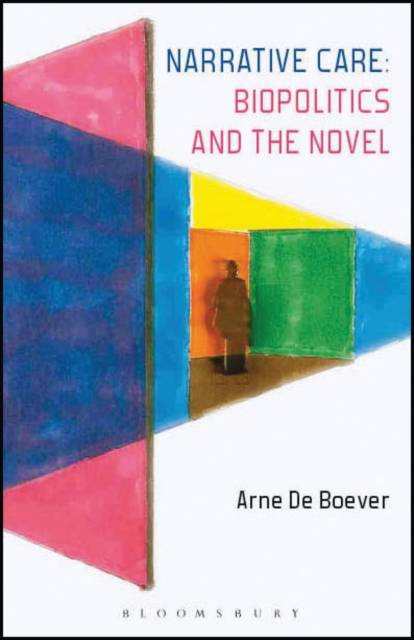
- Afhalen na 1 uur in een winkel met voorraad
- Gratis thuislevering in België vanaf € 30
- Ruim aanbod met 7 miljoen producten
- Afhalen na 1 uur in een winkel met voorraad
- Gratis thuislevering in België vanaf € 30
- Ruim aanbod met 7 miljoen producten
Omschrijving
If the September 11 terror attacks opened up an era of crises and exceptions of which we are yet to see the end, it is perhaps not surprising that care has emerged in the early twenty-first century as a key political issue. This book approaches contemporary narratives of care through the lens of a growing body of theoretical writings on biopolitics. Through close-readings of J.M. Coetzee's Slow Man, Kazuo Ishiguro's Never Let Me Go, Paul Auster's The Book of Illusions, and Tom McCarthy's Remainder, it seeks to reframe debates about realism in the novel ranging from Ian Watt to Zadie Smith as engagements with the novel's biopolitical origins: its relation to pastoral care, the camps, and the welfare state. Within such an understanding of the novel, what possibilities for a critical aesthetics of existence does the contemporary novel include?
Specificaties
Betrokkenen
- Auteur(s):
- Uitgeverij:
Inhoud
- Aantal bladzijden:
- 192
- Taal:
- Engels
Eigenschappen
- Productcode (EAN):
- 9781441149992
- Verschijningsdatum:
- 28/03/2013
- Uitvoering:
- Hardcover
- Formaat:
- Genaaid
- Afmetingen:
- 142 mm x 218 mm
- Gewicht:
- 340 g

Alleen bij Standaard Boekhandel
Beoordelingen
We publiceren alleen reviews die voldoen aan de voorwaarden voor reviews. Bekijk onze voorwaarden voor reviews.







